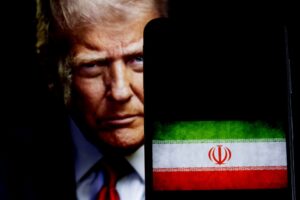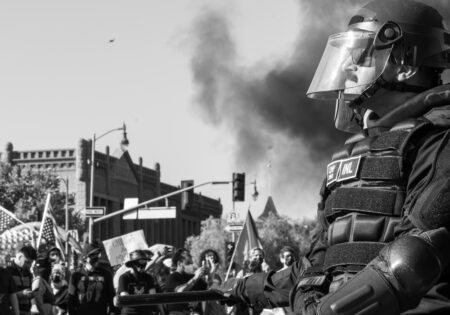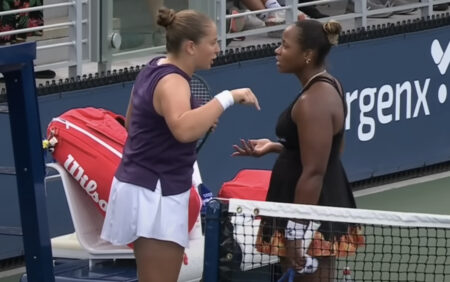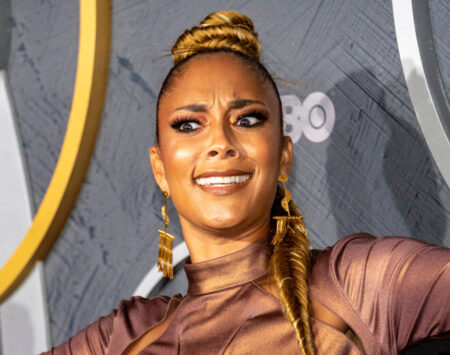There are few people we grew up with but have never met, Malcolm-Jamaal Warner was one of those people for many Gen Xers and millennials.
His most notable role was as Theo Huxtable, the son of a doctor and a lawyer, not the coolest kid, but a cool kid nonetheless, a kid who hated Spanish, got his ears pierced without his parents’ permission, and trusted his best Gordon Gartrell knock-off craftsmanship to his sister Denise, which sparked one of the most memorable moments of television history.
That moment was so memorable that his Instagram profile picture is an AI recreation of it.
His character was part of a family that so many kids wish they had, which made him like family to the audience. The Cosby Show wasn’t just a breakout for his acting career, but he also directed several episodes, setting the stage for other endeavors. When The Cosby Show wrapped, an adult Warner pursued voice work, directing, music, producing and spoken word poetry. More importantly, whatever Warner had his hand in, he did with dignity, and was intentional about showcasing a positive view of Black Americans in his work.
Every first Thursday of the month, Warner hosted a jam session in Atlanta, where he played bass and would occasionally even let a poet get on the mic. Warner was popular in the spoken word community. While many spoken word artists didn’t have the platform or means he had, he was still accepted by the community with open arms, probably because he was so quick to pay homage to other poets. His involvement in the spoken word community led to his nomination in 2022 for a Grammy in poetry (not to be confused with the spoken word Grammy, which often includes audiobooks), the first year the category was introduced. He had previously won a Grammy for his participation in the song “Jesus Children,” with the Robert Glasper Experiment featuring Lalah Hathaway.
People who met him in the poetry community would remark on his kindness, his down-to-earth amicability and a genuineness that almost made you wonder if he knew he was famous.
When celebrities die, we are reminded that these people whom we hold in such high esteem that they feel like demigods to us. Death prompts us to wonder if they aren’t immortal; then, what does that mean for us? We are not, and even worse, it reminds us how immense our grief can be, that it can stretch itself so far, to feel for those we’ve never even met.
Warner was kind, Warner was important, Warner was multi-talented and Warner was necessary.
In May of this year, he appeared on Melyssa Ford’s podcast Hot and Bothered With Melyssa Ford, stating, “I will be able to leave this earth knowing and people knowing that I was a good person,” and that you did Malcolm-Jamal, and that you did.











